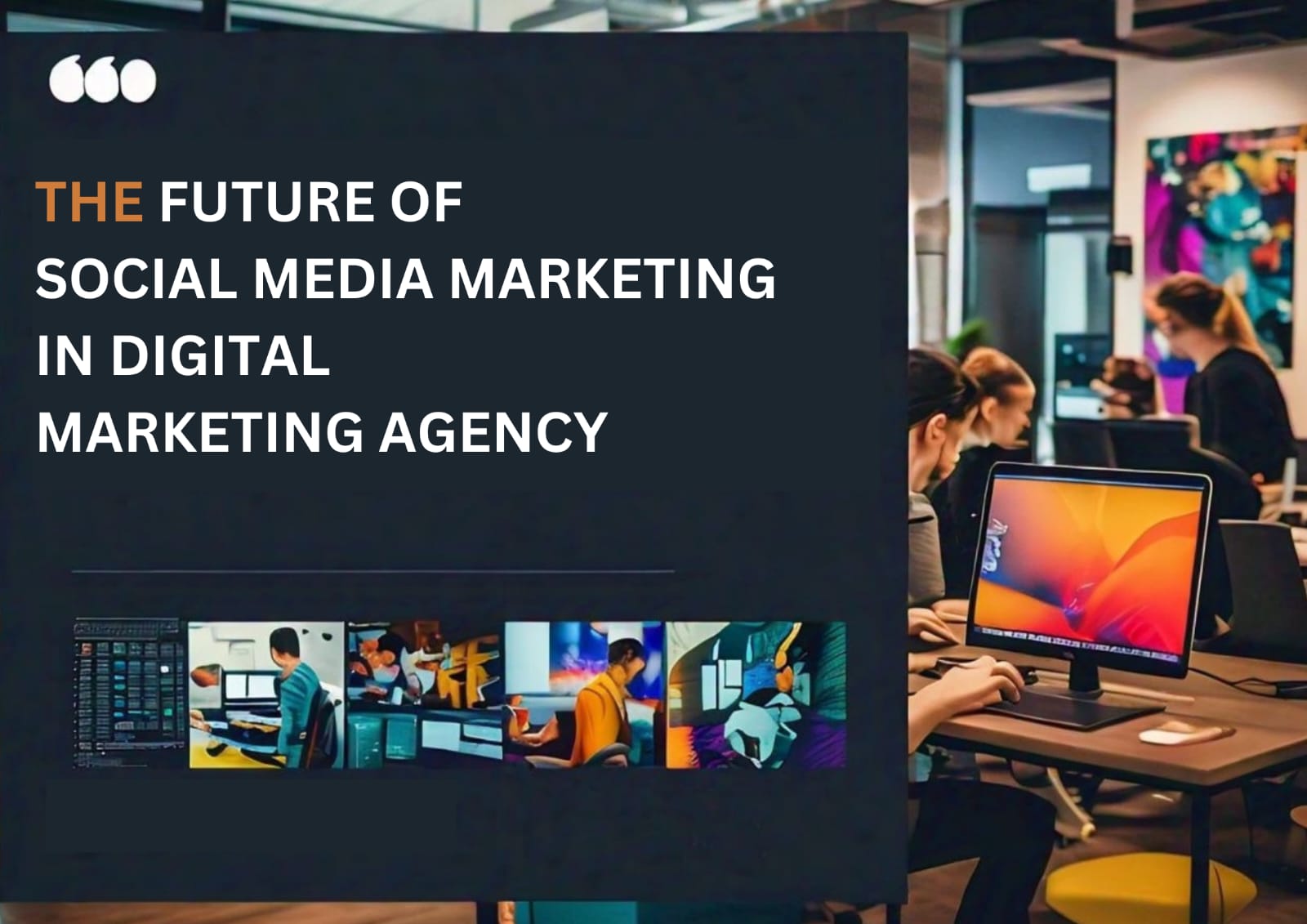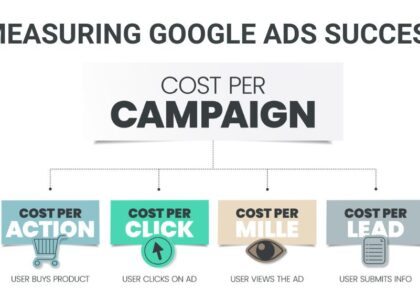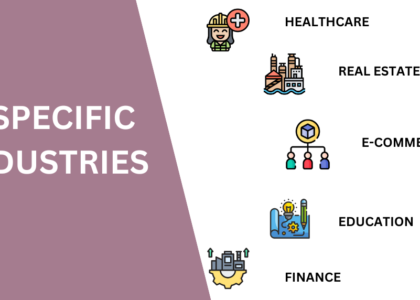
The digital landscape is ever-evolving, with social media marketing being one of its most dynamic components. As we move forward, the landscape of social media marketing is poised for significant transformations, driven by advancements in technology, shifts in consumer behavior, and evolving business needs. For any digital marketing agency, staying ahead of these trends is crucial for maintaining relevance and delivering effective strategies. In this blog, we’ll explore the future of social media marketing and how digital marketing agencies can adapt to these changes to continue thriving.
1. Machine Learning
Machine Learning (ML) are already making waves in the realm of social media marketing. These technologies are set to become even more integral in the future, enabling digital marketing agencies to create highly personalized and targeted campaigns. ML can analyze vast amounts of data from social media platforms, identify trends, predict user behavior, and optimize marketing strategies.
From personalized content and enhanced ad targeting to automated content creation and improved ROI measurement, ML offers transformative potential for digital marketing agencies. By embracing these advancements, brands can stay ahead of the curve, engage their audiences more effectively, and drive innovation in the ever-evolving social media landscape.
2. Augmented Reality and Virtual Reality Integration
Augmented reality (AR) and virtual reality (VR) are transforming the way brands engage with their audiences on social media. These technologies offer immersive experiences that can engage users on a deeper level. For example, AR filters and VR experiences can be used to showcase products in a unique and interactive way.
A digital marketing agency can leverage AR and VR to create memorable campaigns that stand out in a crowded market. These technologies also provide opportunities for gamification, where users can interact with brands through fun and engaging experiences.
3. Social Commerce Integration
Social commerce is transforming how consumers shop online. Social media platforms are integrating e-commerce features, allowing users to purchase products directly from the platform. This seamless shopping experience is convenient for consumers and presents a significant opportunity for a digital marketing agency.
By leveraging social commerce, agencies can create shoppable posts, use influencers to promote products, and utilize user-generated content to build trust and authenticity.
4.Influencer Marketing Evolution
Influencer marketing will continue to be a vital component of social media strategies. However, the approach will evolve. These influencers often have niche audiences that trust their recommendations, making them valuable partners for a digital marketing agency. Transparency and authenticity will be crucial in influencer marketing.
A digital marketing agency must carefully select influencers whose values align with the brand and ensure genuine collaborations.
5.The Importance of Social Listening
Social listening involves monitoring social media channels for mentions of a brand, competitors, or relevant keywords. This practice provides valuable insights into consumer sentiment and trends. In the future, a digital marketing agency will need to invest in advanced social listening tools to stay attuned to their audience’s needs and preferences.
By understanding what their audience is talking about, agencies can create timely and relevant content, address concerns, and capitalize on emerging trends. Social listening also helps in reputation management by identifying potential issues before they escalate.
6. Data Privacy and Ethical Marketing
As data privacy concerns continue to grow, social media platforms and marketers must prioritize ethical practices. Regulations like the General Data Protection Regulation (GDPR) and the California Consumer Privacy Act (CCPA) have set the standard for data privacy. A digital marketing agency must ensure compliance with these regulations to build and maintain consumer trust.
Consumers need to understand how their data is being used and have the option to opt out. Ethical marketing practices will not only protect brands from legal repercussions but also enhance their reputation.
7. The Impact of Emerging Technologies
Emerging technologies such as blockchain and 5G will also influence the future of social media marketing. Blockchain can enhance transparency and security in digital advertising, addressing issues like ad fraud and data privacy. Meanwhile, 5G will enable faster and more reliable internet connections, enhancing the user experience with high-quality video content and real-time interactions.
A digital marketing agency must stay updated with these technological advancements to leverage them effectively. By incorporating emerging technologies into their strategies, agencies can create innovative campaigns that capture audience attention and drive engagement.
8. The Dominance of Video Content
Video content continues to dominate social media, and its importance will only grow in the coming years. From social media feeds to streaming services, video content is reshaping how we consume information and engage with brands. This dominance isn’t just a trend—it’s a fundamental shift in content consumption patterns that has profound implications for marketers, businesses, and content creators.
Interactive videos, live streaming, and augmented reality (AR) experiences will become more prevalent. These formats offer immersive experiences that can engage users in ways traditional content cannot. For example, live streaming allows brands to interact with their audience in real-time, fostering a sense of community and trust.
9. Social Listening and Real-Time Engagement
Social listening tools allow digital marketing agencies to monitor online conversations and gather valuable insights about their clients’ brands. In the future, real-time engagement will be a key differentiator. These strategies are rapidly transforming how brands interact with their audiences, offering unprecedented opportunities for connection, responsiveness, and growth.
As we look ahead, understanding and implementing these practices will be essential for any digital marketing agency aiming to stay ahead of the curve. The future of social media marketing is deeply intertwined with the practices of social listening and real-time engagement. By actively monitoring conversations, responding promptly, and leveraging insights to inform your strategies, you can enhance your brand’s presence, reputation, and overall impact.





